Best Time for Foundation Repairs
Foundation repairs are most effectively performed during specific times of the year when weather conditions are favorable. Optimal periods typically include late spring through early fall, when soil moisture levels are moderate and temperatures are stable. Avoiding extreme cold or heat helps ensure the materials used in repairs cure properly and that the soil remains stable during the process.
Spring offers moderate weather conditions, making it suitable for foundation work. Soil moisture levels are ideal for excavation and stabilization.
Summer provides longer daylight hours and warmer temperatures, facilitating quicker project completion and efficient curing of materials.
Fall can be a good time for repairs before winter, provided soil moisture levels are controlled and there is no early onset of freezing temperatures.
Cold temperatures and frozen ground make foundation repairs challenging and less effective during winter months.
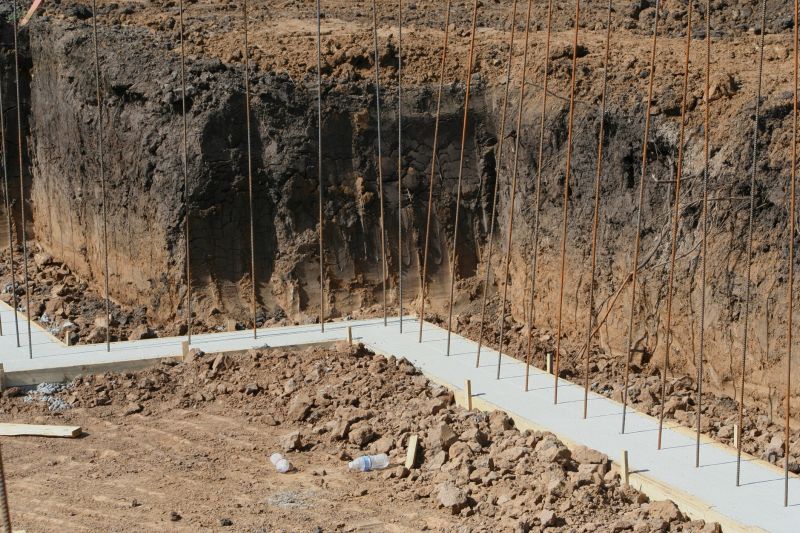
Spring soil conditions are ideal for foundation stabilization.
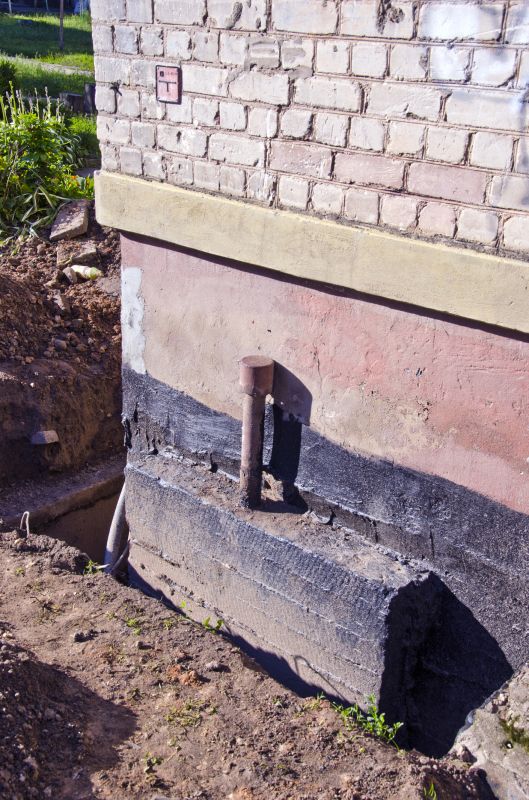
Summer offers warm weather for efficient repairs.
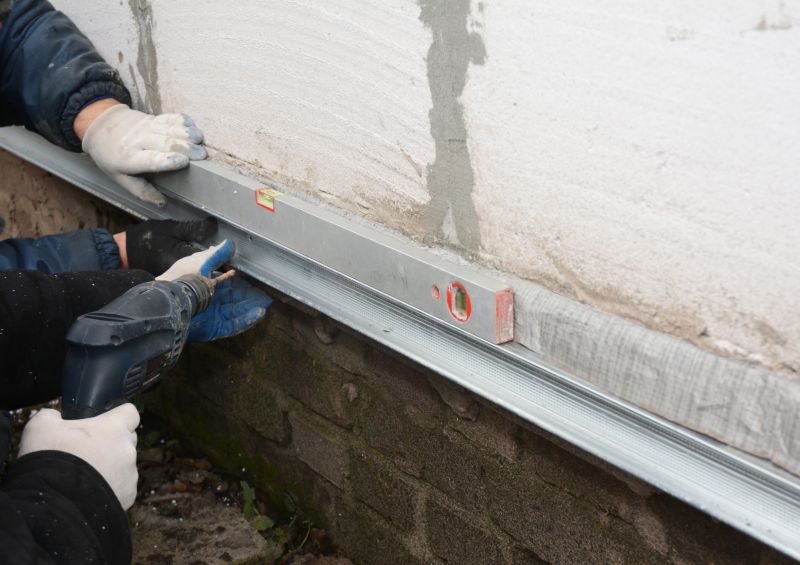
Fall prepares structures for winter stability.
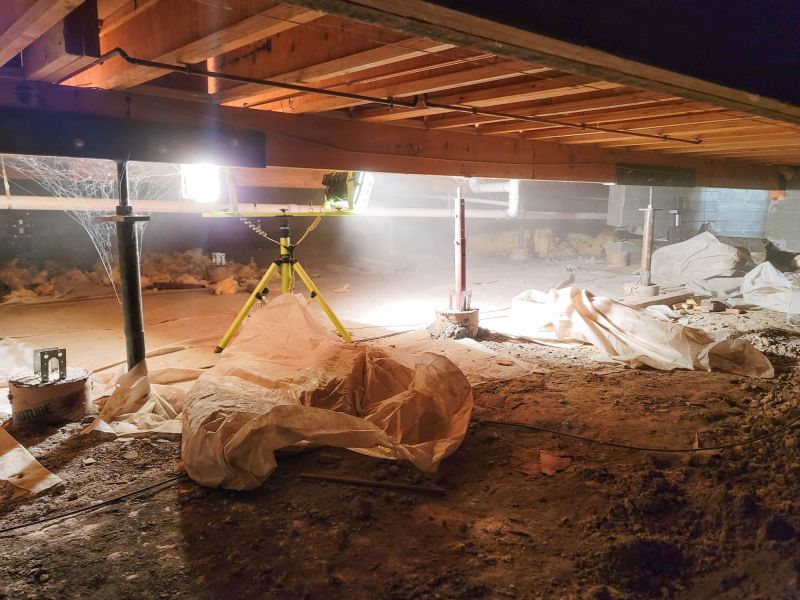
Ways to make Foundation Repairs work in tight or awkward layouts.
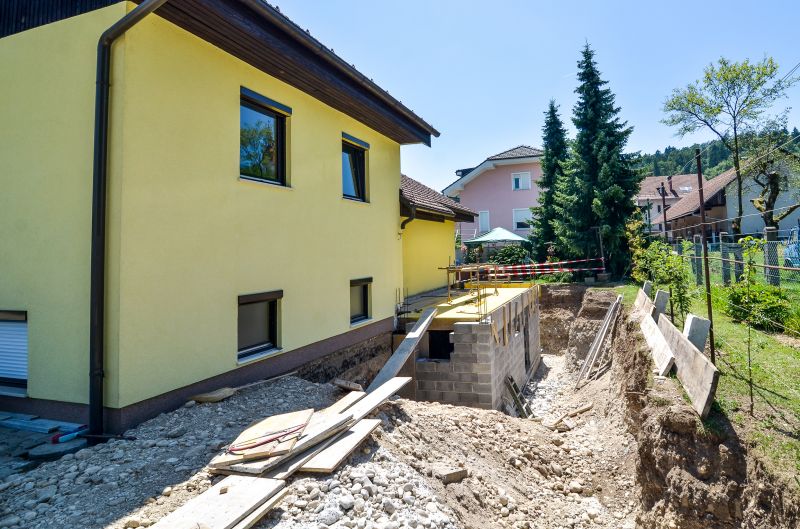
Popular materials for Foundation Repairs and why they hold up over time.
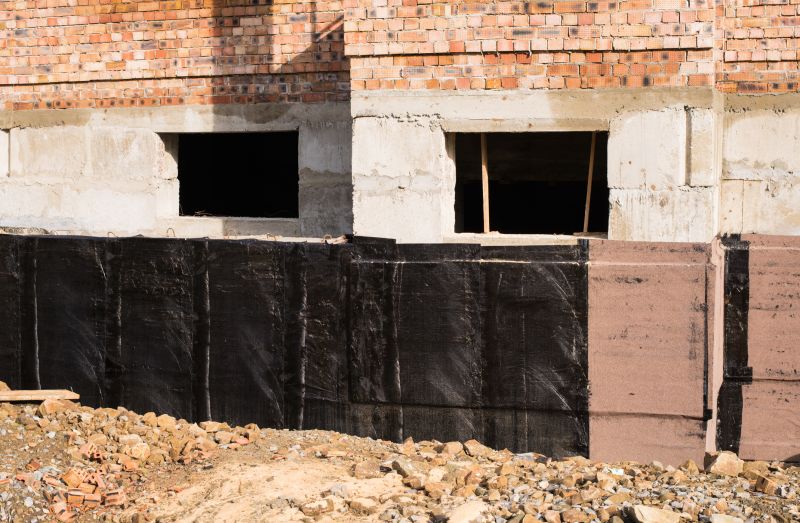
Simple add-ons that improve Foundation Repairs without blowing the budget.
| Season | Optimal Conditions |
|---|---|
| Spring | Moderate soil moisture, stable temperatures |
| Summer | Warm temperatures, longer daylight hours |
| Fall | Cooler weather, soil drying before winter |
| Winter | Frozen ground, unpredictable weather |
Foundation repairs are essential for maintaining the structural integrity of a building. They address issues such as settling, cracking, and shifting caused by soil movement, moisture variations, and temperature fluctuations. Proper timing ensures that repairs are durable and effective. Soil conditions play a significant role; stable, moist soils allow for better support and less movement after repairs are completed. In regions like Saint Peters, MO, seasonal weather patterns influence the ideal timing for foundation work, making late spring through early fall the most suitable periods.
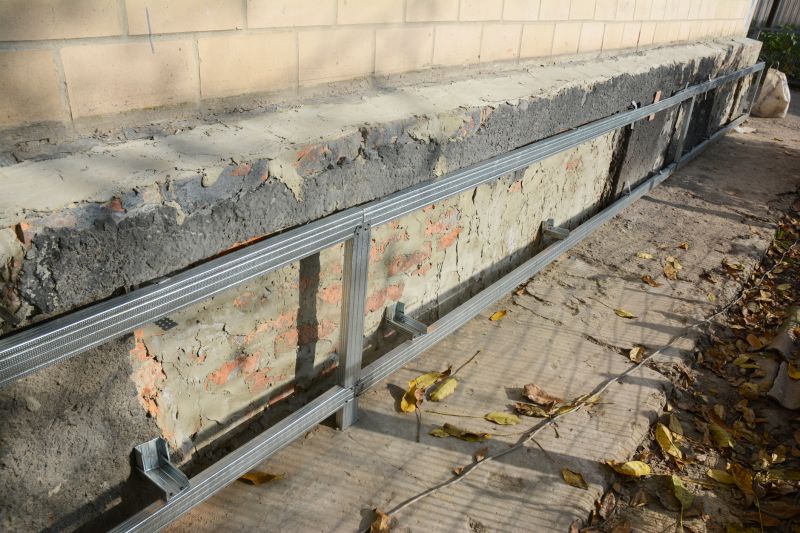
Proper timing enhances the effectiveness of foundation stabilization techniques.
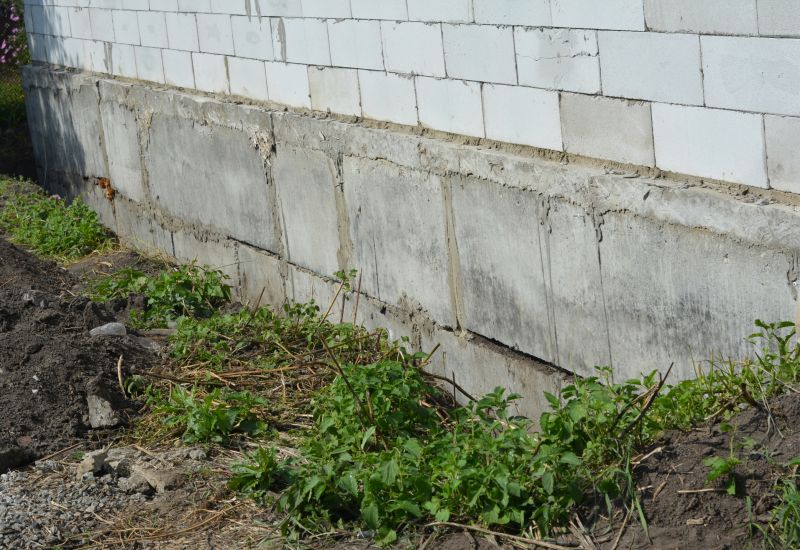
Timing repairs during optimal soil conditions prevents future shifting.
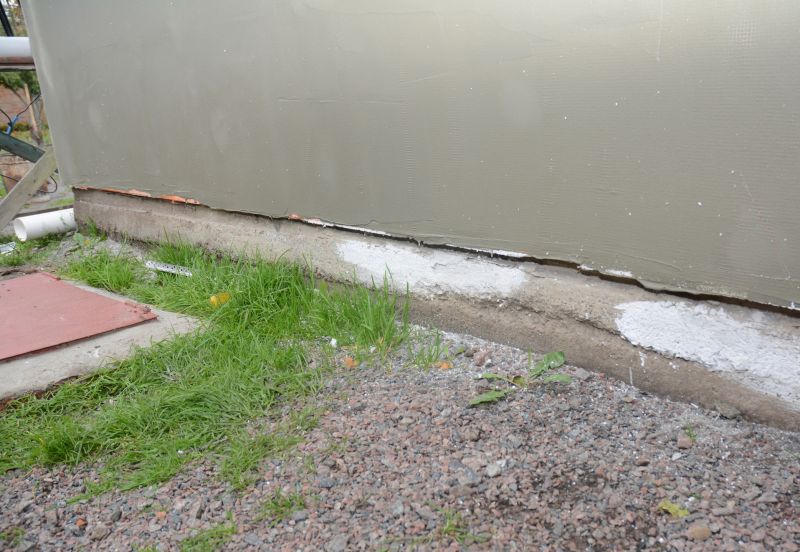
Addressing cracks early during suitable seasons prevents further damage.
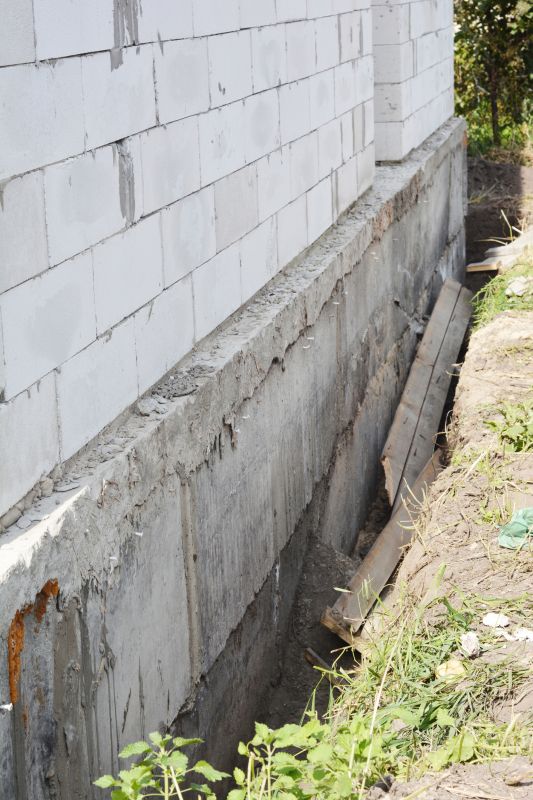
High-end options that actually feel worth it for Foundation Repairs.
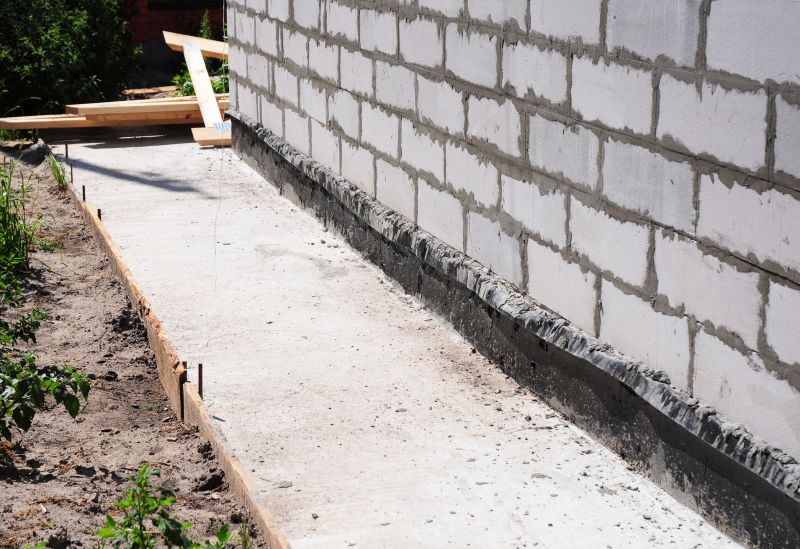
Finishes and colors that play nicely with Foundation Repairs.
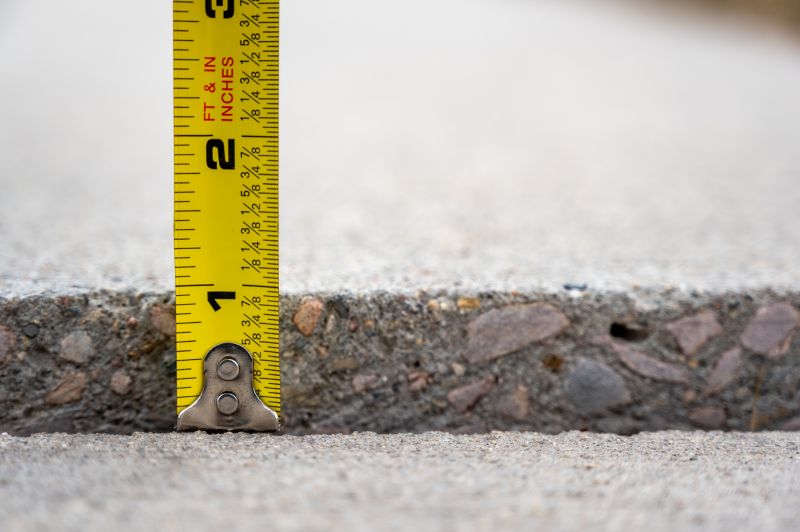
Little measurements that prevent headaches on Foundation Repairs day.
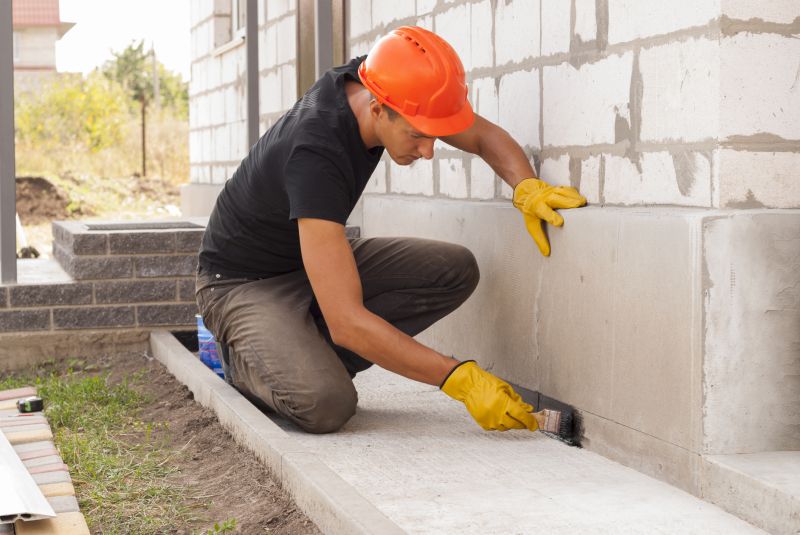
A 60-second routine that keeps Foundation Repairs looking new.
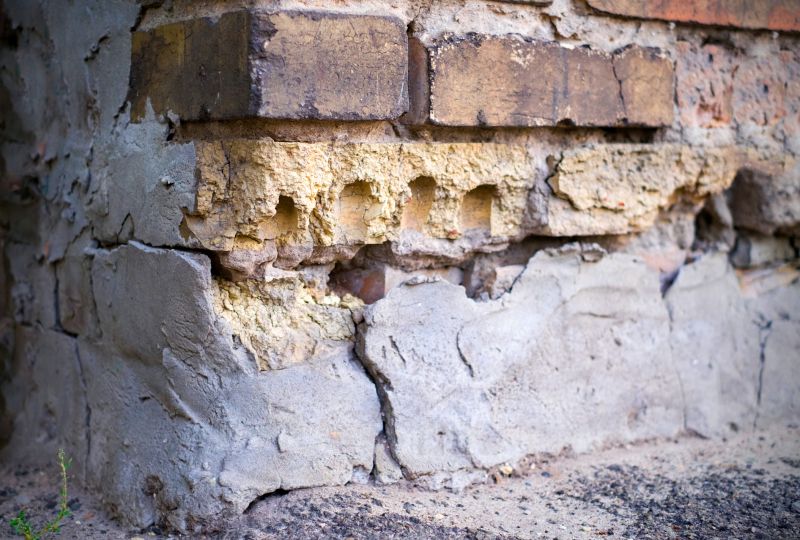
A frequent mistake in Foundation Repairs and how to dodge it.
Interested property owners in Saint Peters, MO, can consider scheduling foundation repairs during the most favorable seasons to ensure the best results. Proper planning based on seasonal weather patterns can extend the longevity of repairs and reduce the likelihood of future issues. If there is a need for foundation assessment or repairs, consulting with a professional at the optimal time can lead to more effective and lasting solutions.

